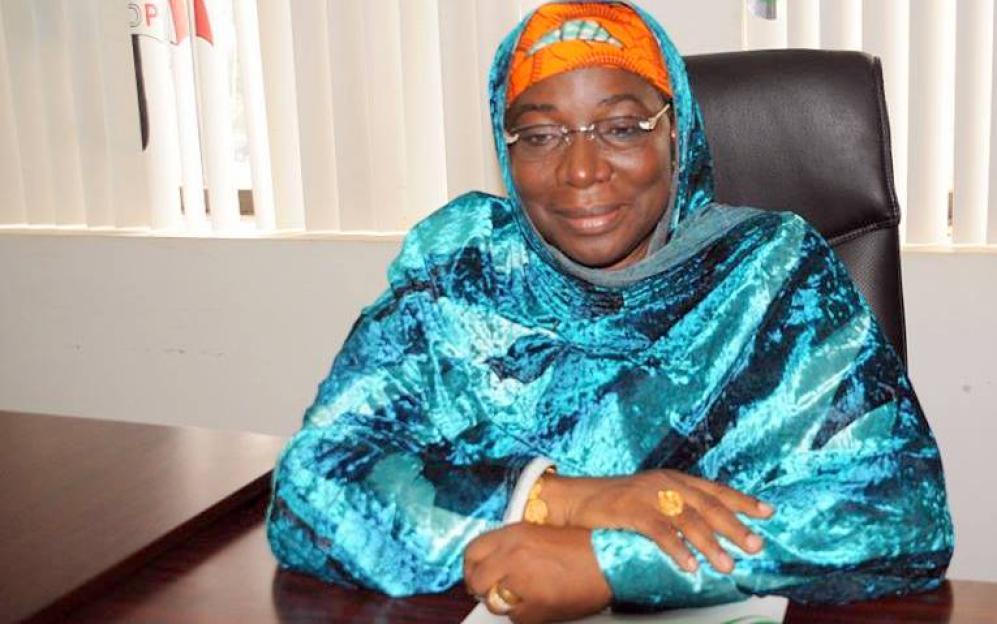Table of Contents
- Return to Abuja
- Official Statement
- Commitment to Security
- Details of the Meeting
- Significant Participation
- Security Diplomacy Agenda
President Bola Tinubu has returned to Abuja after attending the Aqaba Process Heads of State and Government-level Meeting held in Rome, Italy.
This information was shared in a statement by the President’s Special Adviser on Information and Strategy, Bayo Onanuga, on Saturday in Abuja.
The statement indicated that the President’s visit to Rome reaffirmed Nigeria’s dedication to regional and global security partnerships.
During the meeting, world leaders convened to enhance cooperation against terrorism and violent extremism.
According to DAILY POST, Tinubu left Nigeria on October 12 for the meeting, which was set to commence on the 14th.
“President Bola Tinubu returns to Abuja today after participating in the Aqaba Process Heads of State and Government-level Meeting in Rome, Italy,” the statement noted.
The Rome session focused on strengthening regional and international collaboration in combating terrorism and violent extremism, particularly concerning West Africa.
The high-level meeting took place on Wednesday, October 15, at the National Gallery of Modern and Contemporary Art in Rome, attracting participation from several global leaders, including King Abdullah II of Jordan, Italian Prime Minister Giorgia Meloni, and the Presidents of Nigeria, Chad, Paraguay, Sierra Leone, and Togo.
Other notable attendees included Azouz Nasri, President of Algeria’s Upper House, along with delegations from Côte d’Ivoire, Kazakhstan, Mauritania, Senegal, and Uzbekistan, in addition to special envoys and security experts.
The President’s involvement in the Rome meeting, as stated in the release, aligns with his administration’s broader security diplomacy agenda and Nigeria’s proactive role in international peace and counterterrorism efforts.
Frequently Asked Questions
What was the purpose of President Tinubu's visit to Rome?
The purpose of President Tinubu's visit to Rome was to participate in the Aqaba Process Heads of State and Government-level Meeting, which aimed to enhance cooperation against terrorism and violent extremism.
Who were some of the notable attendees at the meeting?
Notable attendees included King Abdullah II of Jordan, Italian Prime Minister Giorgia Meloni, and various Presidents from countries such as Chad, Paraguay, Sierra Leone, and Togo.
What does Nigeria's participation in such meetings signify?
Nigeria's participation in these meetings signifies its commitment to regional and global security and its active role in international peace and counterterrorism initiatives.







